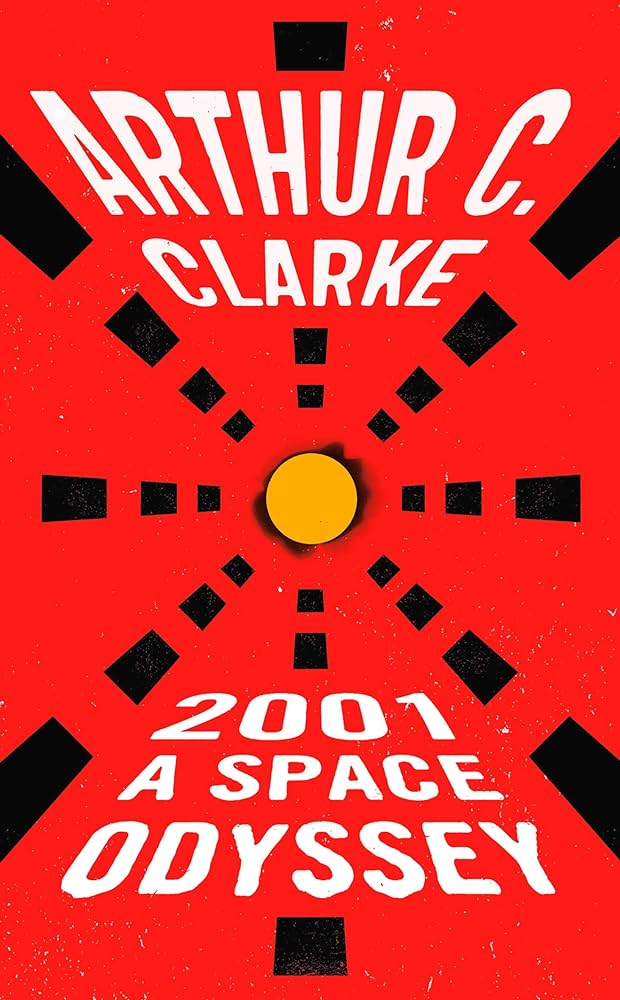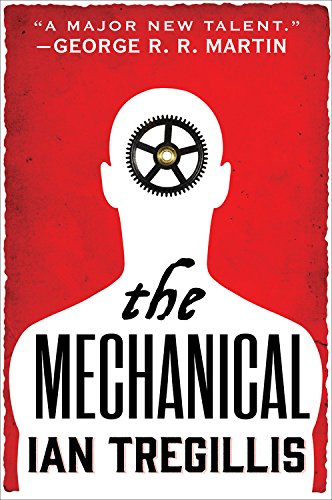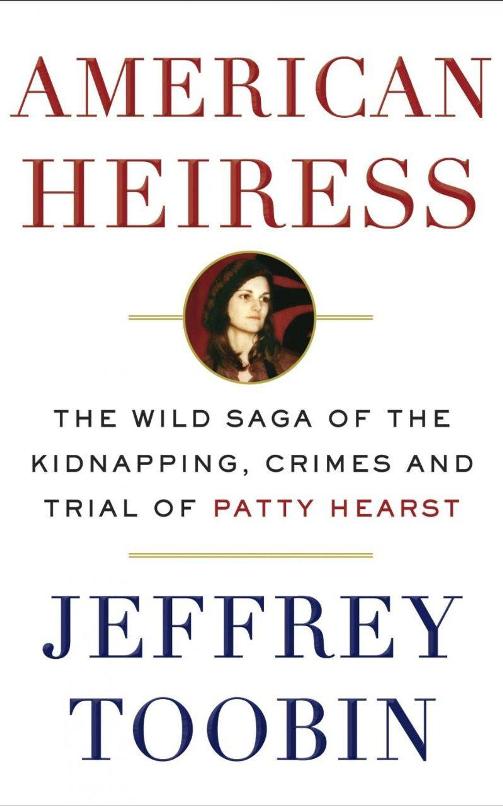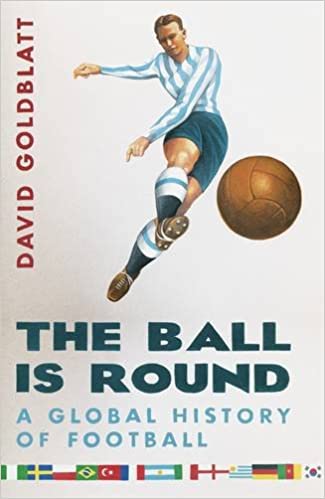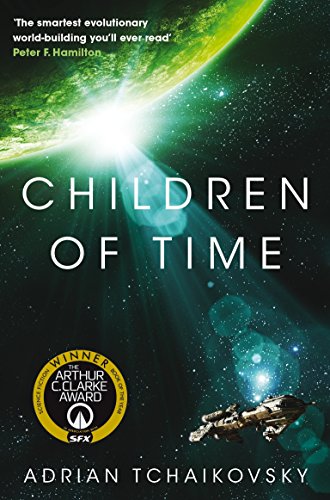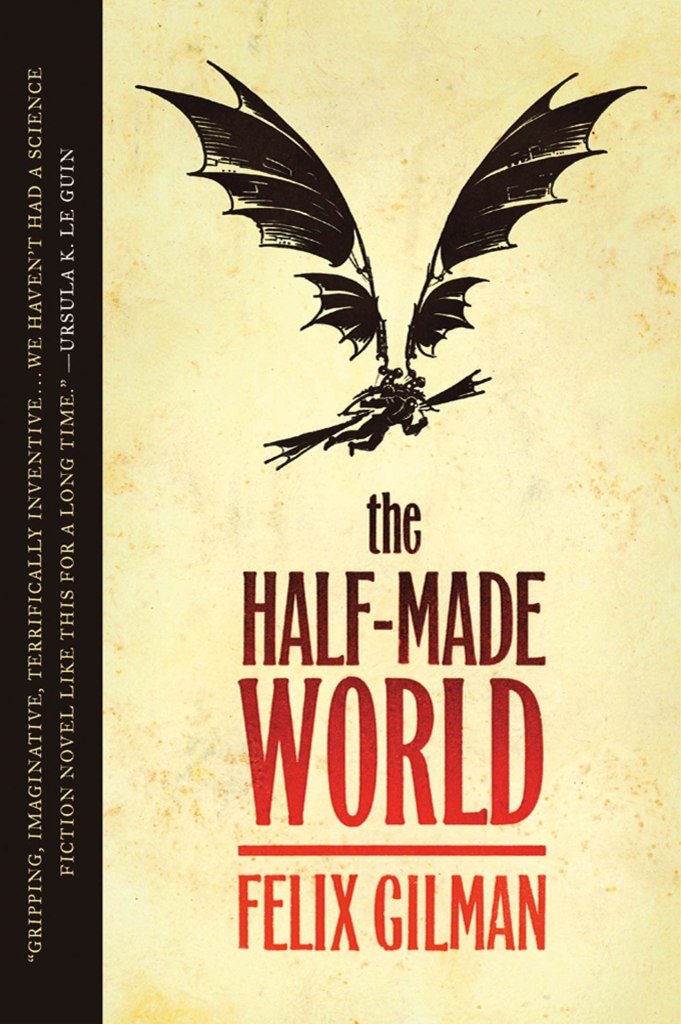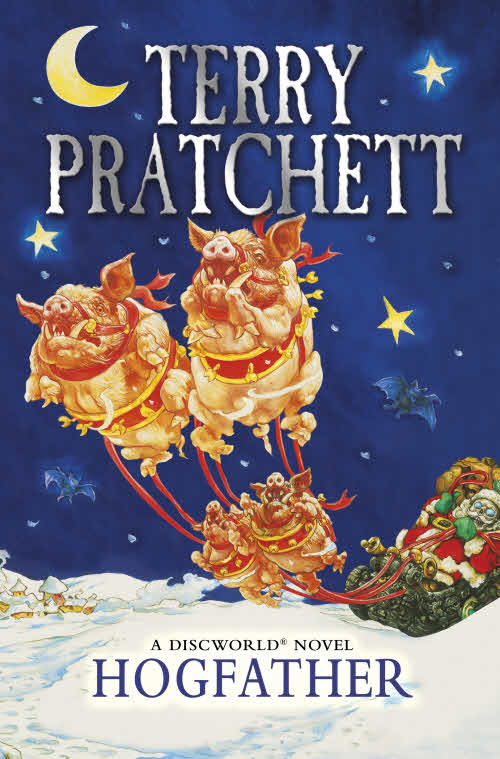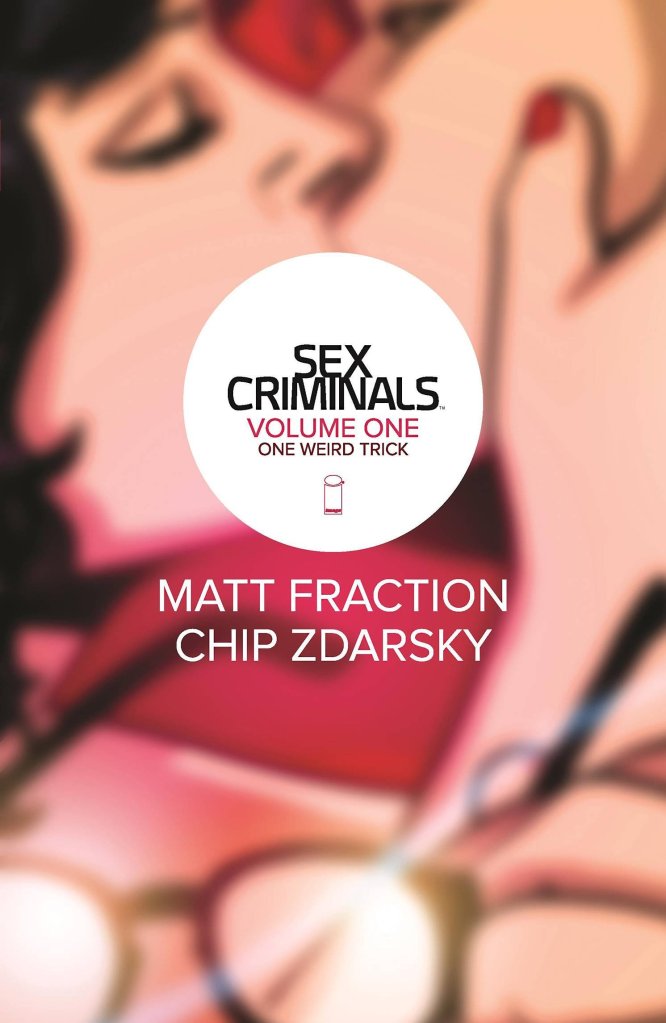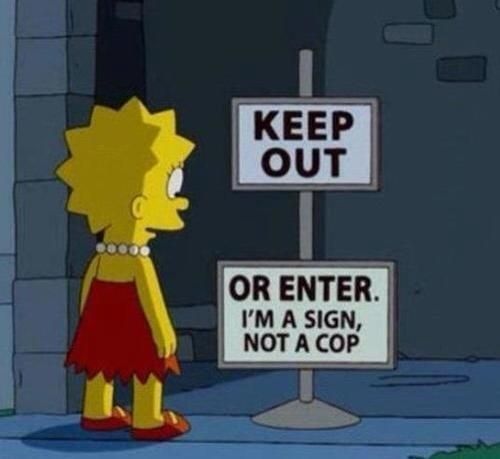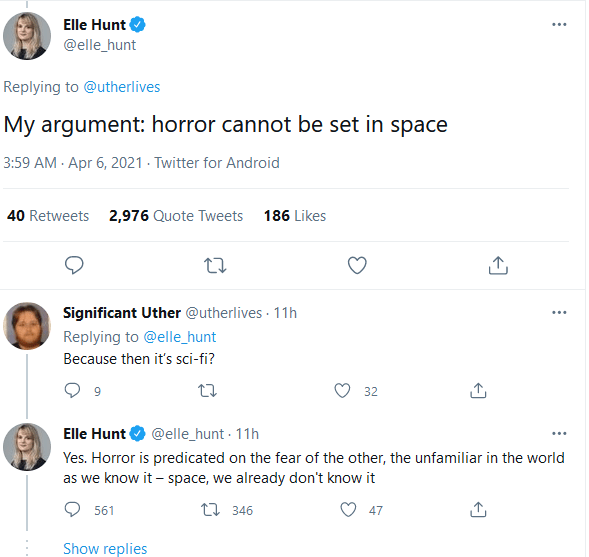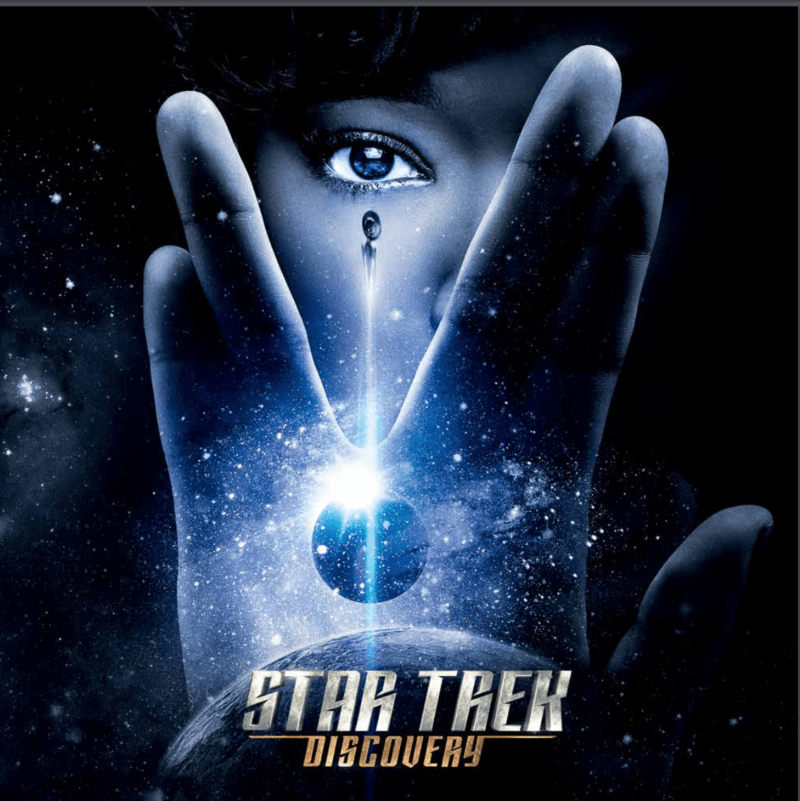As promised, here’s the other new short story for your reading pleasure. This one was from the NYC Midnight short story context last year. For that one I had to write a sci-fi story involving “shared custody” and “a liar.” Difficult assignment, but I think I came up with a neat way to handle it.
Without further ado – “Trust”
Shaylan was reduced to this – trying to find the doorbell of a spaceship.
Hand Cannot Erase sat alone in the far outer ring of the docking station. Aside from a few hoses running to it from various huge vats it looked like a museum piece. No lights blinking. No ramp deployed for crew or visitors to easily enter. No one climbing over the outside of the ship, making last minute repairs.
She looked around one more time then pulled out her hand terminal. She was in the right place – where was her welcoming party? She thought her message, watched the text appear on the terminal, and then zip into the aether. “I’m here?”
A moment passed before her terminal buzzed. “Shit! Sorry!”
From the other side of the ship came a rush of air and a mechanical whirring noise, like machinery operating over protest.
“Sorry, sorry, sorry,” Asulon said as she ran around to where Shaylan was standing. “I thought it was half past, wasn’t it half past?”
Shaylan held up her terminal. “It is half past.” She snapped off a quick salute, hoping it didn’t look too practiced. “Shaylan Moore, reporting for duty.”
The ship’s executive officer waved off the formality. “Save it for Captain Bhemhath. Come on, I’ll introduce you around.”
Inside, Hand Cannot Erase was tight and utilitarian. There was no wasted space, with access panels and storage cubbies along every corridor. Shaylan and Asulon couldn’t even walk through the corridors side-by-side.
“I was so glad when I saw your file,” Asulon said over her shoulder. “It’ll be nice to have another human on board.”
“Another?” Shaylan asked. She hadn’t given any thought to the makeup of the ship’s crew. All she knew was that there were seven of them, including her, and some of them were aliens. She’d said she didn’t have a problem with that in the interview, but she wasn’t sure it had been true.
“It’s just you and me, sister.” Asulon stopped and turned. “There’s nothing wrong, they’re all great, you’ll see. It just takes some time to learn everyone’s quirks. It’ll just be nice to have someone else familiar around.”
“Sure.” Shaylan didn’t know how closely Asulon had read her file. This we her first time on a ship, her first time off planet. She’d seen aliens out and about, like everybody, but she’d never worked with them. Certainly not in close quarters like this.
Asulon led her around a few more bends before she turned into an opening, knocking on the doorway on her way in. “Good! Looks like just about everybody is here.”
Shaylan turned the corner into what appeared to be the galley and conference room. Three aliens were sitting around the table, murmuring to each other. Nearby was a fourth, a green, gaseous blob about three feet in circumference, floating on the air like a dandelion seed. A tendril appeared from one side and wiggled at Shaylan.
“That’s Khels, our navigator,” Asulon said, before going down the line. “That’s Es’un, our pilot.”
Es’un, a spindly grey being with eye stalks and at least four arms, waved one of them. “Hi.”
“Hi,” Shaylan said, with a nod, thankful she had her translator implant refurbished before she arrived.
Asulon pointed to a thick, blue-scaled, lizard being who barely fit in the ship. “That’s Qhaax, head of security. Don’t worry, he’s not as crabby as he looks.”
Qhaax frowned, but didn’t object.
“And this is Zingaell, our cargo specialist,” Asulon said, pointing to a tall, thin, bald, green biped. “Don’t believe anything he says and you’ll be all right.”
The others all nodded, even Khels, somehow.
Shaylan was about to ask was Asulon meant about Zingaell when an electronic chime sounded.
“Sorry, gotta go,” Asulon said. “Captain wants me on the bridge.” She turned back to the table. “Can one of you show her to her quarters?”
Zingaell stood and nodded.
“Thanks, Zing,” Asulon said, slapping Shaylan on the back. “Welcome aboard!”
Zingaell slipped past her, into the corridor. “Come. Your quarters aren’t far.”
As they walked, Shaylan couldn’t shake the idea that this being, part of her new crew, wasn’t trustworthy. She had to ask. “What was all that about not believing anything you say?”
“A joke, nothing more,” he said, turning another corner. “You’ll learn that our fellow crewmembers think they are much funnier than they really are. You can rely on me just as much as any of them.”
Shaylan nodded, trying to shrug it off. “Sorry. Should have figured as much.”
He stopped at the next door, which was already open. “You’re in here. There are instructions for setting the biometric locks inside.”
“Thanks,” Shaylan said. “What do I do next?”
“I’ll let the captain know you’re settling in,” Zingaell said.
“Will you let me know if he needs me to come see him?” Shaylan didn’t want to get off on the wrong foot.
“Of course,” he said, smiling a thin-lipped smile.
Shaylan stepped inside and stowed her gear. She found the biometric instructions and coded the door lock to her eye scan, with a two-password backup. Intending to review the details of their last job, she flopped onto the bed and quickly fell asleep..
~~~~~
Shaylan awoke to pounding on her door, angry muffled thumps. She shook her head and heard a voice join in, gravelly and agitated.
“Moore? You already asleep on the job? I’ll toss you out the airlock if you don’t get out here now!”
“Captain?” Shaylan said, head still hazy. Reality clicked in quickly. She jumped off the bed, smoothed her jumpsuit, and ran to open the door. “Captain Bhemhath!”
On the other side of the door stood a squat, hairy biped with short arms. His face and hands were covered in silver grey fur. “This is not the best way to start our relationship.”
“I know, sir,” Shaylan said, fighting the urge to kneel so she could look him in the eye. “I must have dozed off. I thought Zingaell was going to come get me?”
Bhemhath shook his head. “Didn’t anyone tell you not to believe anything he says?”
“Yes, sir, XO Asulon did,” Shaylan said. Before she could go further, the captain cut her off.
“Well, do what the XO says. That’s how a ship works. I tell her what to do, she tells the crew what to do, and it gets done. Get it?” He put his hands on his hips and tapped one foot.
“Yes, sir,” she said and decided her confusion about Zingaell could wait. “Is there something I can do for you, sir?”
He nodded. “Grab your hand terminal and get down to the galley. I want to go over your duties with you and Asulon. Five minutes!” He stormed away down the corridor.
Shaylan took a moment to splash water on her face, grabbed her terminal, and headed toward the galley. She wasn’t about to be late.
~~~~~
Life on board settled into an easy routine. Shaylan’s job was to analyze potential targets for acquisition. Captain Bhemhath didn’t like the word “salvage” – “makes us sound like carrion eaters,” he’d said – preferring to think of them as engaging in targeted waste disposal. Shaylan had an office just off the cargo bay where she surveyed wrecks and other jobs, matched them with potential buyers, and figured out how much junk the ship could haul at once. After she saw the cargo bay she understood why the rest of Hand Cannot Erase was so tight and cramped – as much room as possible was given over to cargo.
Everything ran so smoothly that she didn’t get a chance to talk to Zingaell. She wanted to confront him about how he let her face the captain’s wrath, but their schedules were mixed up. They’d pass in the corridor, each on the way to somewhere else. They were never in the galley at the same time, able to strike up a casual conversation.
One day, Shaylan went to get tea on her break and found Khels floating near the dehydrator. She had to start somewhere. “Can I ask you something?”
“Of course,” the green blob said, sounding like a drunken angel.
“It’s about Zingaell.”
The blob nodded, Shaylan was certain of it.
“When I first came on, Asulon told me not to believe anything he said,” Shaylan explained. “Then, after he left me high and dry with the captain, the captain said the same thing. How do you all work with someone you can’t trust?”
“There is no question of whether you can trust Zing,” the blob said. “He is eminently trustable. You will know that after working with him. Set him a task and he does it. Ask for help and he provides it. He is critical to what we do.”
“Then why can’t I believe what he says?”
Khels floated closer to her, like it was going to whisper. “You’ve never met a Thulean have you?”
Shaylan shook her head.
“Thuleans are incapable of speaking truth. By that, I mean, that they have no way of knowing whether they mean what they say. It’s an odd quirk of their evolution. What did he do that set the captain on you?”
“I asked if he’d let me know if the captain wanted to see me, then he didn’t tell him,” Shaylan said. “He lied to me.”
A tentacle appeared and Khels waved it, a substitute for shaking the head it didn’t have. “Lying requires that the being saying it knows it’s false. Zing doesn’t know that. It’s why you cannot trust anything he says.” It put great emphasis on the last word.
“So he doesn’t lie all the time,” Shaylan said, working it through, “but you never know when he’s telling the truth. Is that it?”
“More or less,” Khels said. “It takes time to read him, to establish the rapport, but don’t worry. You’ll get there.” It floated out of the room.
Shaylan leaned on the counter and sipped her tea. She couldn’t afford to let this fester. She needed to build some trust with Zingaell, quickly.
~~~~~
They made two hauls from wrecks before heading for Keneally Station, which was in orbit above a small, lush moon, to unload. This was where Zingaell was in his element shifting the cargo out, so Shaylan did her best to stay out of his way. She convinced the captain that she needed to go to the surface, “for research,” but all she wanted to do was get away for a while.
Not far from the spaceport she found a walkway that ran along a meandering river. Stalls were set up every few yards with vendors selling all kinds of goods. The sun was strong and warm, the air clingy and damp. It was a welcome change from the dry, sterile environment on the ship. She sampled a local root vegetable on a stick, roasted and covered in a savory brown sauce, while exploring other vendors.
As the river bent around a copse of trees, she saw a small stand set up in their shade. In the pale yellow grass in front of the stand she saw what looked like small, furry meatballs bounding up and down. As she got closer, she could see that they were creatures of some kind – almost perfectly round, with three stumpy legs that made them look like a cotton ball sitting on a stool. The one closest to her turned and gazed at her with its single, large brown eye.
“Oh my gods, they are so cute,” Shaylan said, holding her hand out. The creature jumped into her palm and started rubbing itself against her outstretched thumb. She stood and asked the woman manning the stand, “what are these?”
“Joyrits,” the woman said, snatching up one that had been hopping around the table. “They make wonderful companions. Great source of happiness.”
“How big do they get?” The one in Shaylan’s hand closed its eye as she stroked its back.
“No bigger than this.”
“Really?”
The woman nodded. “These are all full grown. Hypoallergenic, sterile. They’ll never breed, never grow bigger. Only need food or water.”
An idea began to form in Sheylan’s head. “Have they been cleared for transport off planet?”
The woman pointed to a graphic on the tablet laying on the table, displaying the clearance.
“Just a sec,” Shaylan said, putting the creature down in the grass, where it bounded away to join the others. She pulled out her hand terminal and searched for “Joyrit,” to see if she could find anything negative about them. All she found was countless videos of them being adorable. She thought about clearing it with Asulon or even the captain first, but decided to bite the bullet.
“I take two,” she said, waving her hand terminal over the payment droid.
~~~~~
Back on the ship, Shaylan waited until they were underway, then made it a point to track down Zingaell. He was in what passed for the ship’s library, which was really just a couple of seats in front of computer terminals.
“Hey, Zing,” she said, trying to make it sound natural. “Can I borrow you for a moment?”
“Of course not,” he said, then shut down the monitor and stood up. “What do you need?”
“Come with me.” There was a small cubby in the wall, between her office and the cargo door, that she’d managed to convince to remain open all the time. Inside, the small puffballs bounced happily around in an enclosure, chirping quietly.
Zingaell lowered his head and looked at the creatures. “What are those?”
“They’re called Joyrits,” Shaylan said. “Do you have pets on your world?”
Zingaell stiffened. “No. We find them distracting.”
Unsure what to make of his answer, she pressed on. “Well these little things, which I’ve named Bob and Betsy, are pets. They’re our pets.”
Zingaell snapped his head to face her. “Ours?”
“Yes. I want you to help me take care of them. Feed them, play with them every now and then. Keep an eye on them. Would you like to help me with that?”
“No,” he said. “What do I need to do?”
She handed him a sheet of paper.
“This feeding schedule is very detailed,” he said, studying.
“I know,” Shaylan said. “Little guys need to eat a little bit several times a day. I thought we could alternate days, you know? Share the burden, a little bit.”
“May I?” Zingaell nodded toward the habitat. At her nod, he reached in and petted one of the small creatures, eliciting a low, long coo.
“Nice, huh?”
“Not really,” he said, but his manner didn’t match the words. “Do I start today or tomorrow?”
“I’ve got today,” she said nodding.
“I’ll go study, then,” he said, waving the papers. Then he added, “I’ll help you take care of them. You can trust me.”
As Zingaell walked into the corridor, Shaylan felt that, for the first time, she could believe that.
For more of my short fiction, click here. And, yes, the ship is named after the Steven Wilson album.
